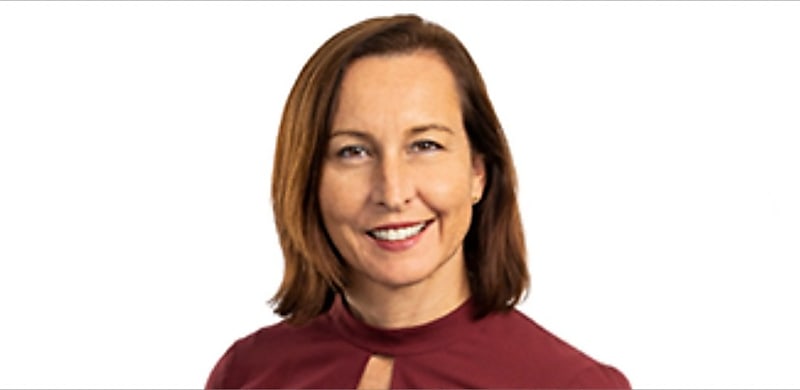
Improving cash flow is the greatest obstacle for family businesses, according to the independent accounting firm.
Nearly all family-run businesses are concerned about cash flow, according to a new report.
The 2023 Family Business Survey from accountancy firm Grant Thornton surveyed over 2,000 family businesses to help “future-proof family businesses by highlighting the challenges and opportunities for the sector”.
According to the report, 91 per cent of businesses stated that improving cash flow was their business’s greatest challenge, followed by recruitment (86 per cent) and succession planning (72 per cent).
The accounting firm attributed the result to the difficult economy, as high inflation, increasing costs, and raised interest rates have all been impacting businesses’ cash flow.
Kirsten Taylor-Martin, partner and national head of family business consulting at Grant Thornton stated: “The top two challenges are interesting as they can be linked to the current economic climate where the majority of Australian family businesses are looking to improve cash flow, while also attracting and retaining the best staff.
“Government grants appear to be an untapped resource for family businesses indicating there is a need for education, simplification and support for understanding available benefits, particularly for innovative family businesses, like the R&D Tax Incentive and government grant programs.”
Grant Thornton’s survey showed businesses were looking for and needing help and support when it came to finance.
Speaking at The Adviser’s recent SME Broker Bootcamp, broker and Accendo Financial partner Trent Carter highlighted that brokers are in the perfect position to help small businesses with their cash flow needs.
Writing in an opinion piece for The Adviser following the event, Mr Carter commented: “SME lending has traditionally been viewed as the domain of traditional banks, but the emergence of niche lenders, technologies, and dynamic lending policies tells me that [broker] clients are spoilt for choice when it comes to sourcing funding or capital for their business.
“Your role as a broker has been assured into the future as the average business owner will need a good SME-focused broker to help them navigate this expanding world of options.”
Speaking on The Adviser’s Elite Broker podcast last week, finance broker Chris Slack (the recent winner of the Finance Broker of the Year award at the Australian Broking Awards 2023), said that writing working capital finance was important as it is “what allows those businesses to tick over”.
However, he highlighted that any residential brokers looking to diversify into writing SME finance should be mindful that interest rates on cash flow finance are not the be-all and end-all of the product.
He explained: “There are some amazing transactions that have happened for many of my clients that have amazingly high rates. [But] I sleep very well at night knowing that the opportunity that they would have missed had they not had that money would [cost them] so much more.
“So the concept of opportunity cost is a massive one for anyone who is doing commercial broking, [whether it’s] property or working capital.”
The SME Broker Bootcamp will be back in 2024 for those looking to deepen their knowledge in the space or residential brokers looking to diversify or understand more about the finance side of broking.
You can register your interest here.
[Related: What I learned from the SME Broker Bootcamp 2023]
